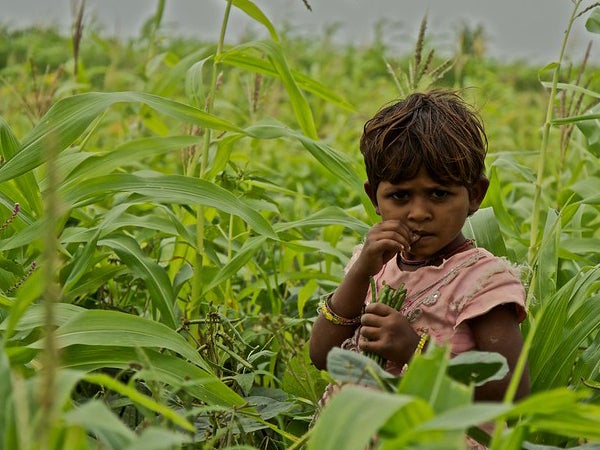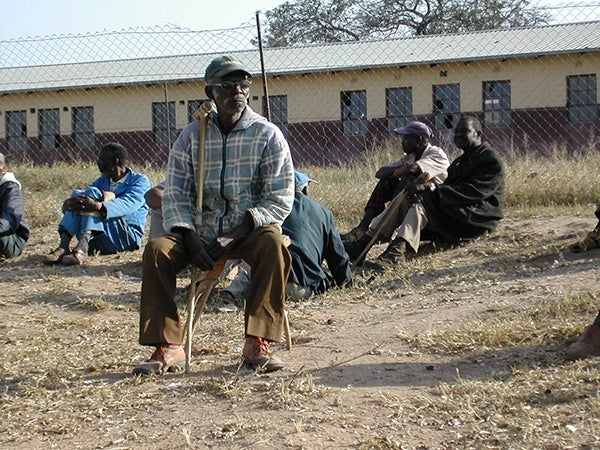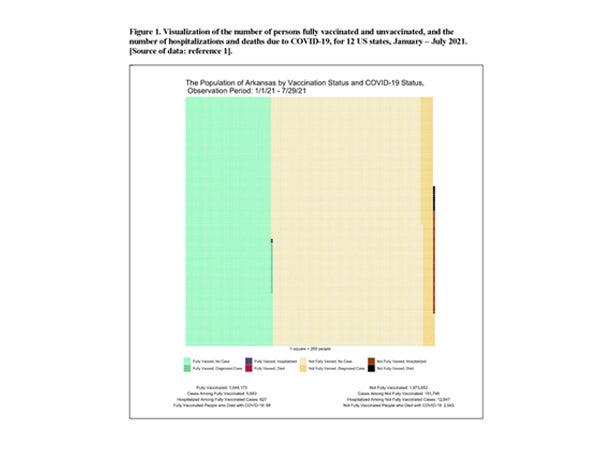Harvard Bell Fellow Aashish Gupta, PhD, and colleagues have published a study in World Development that indicates that despite the government promoting the uptake of cleaner fuel (liquid petroleum gas) for cooking in rural north India, the majority of households are still using solid fuel, which poses health risks due to air pollution.
Novel audit study finds that employers did not discriminate against job applicants that support unions
New Harvard Bell Postdoctoral Fellow A. Nicole Kreisberg, PhD, and her colleague Nathan Wilmers, PhD, published a study in which they submitted hundreds of resumes (some indicating union support) in response to actual job postings, and evaluated employer callback rates.
Two working papers document COVID-19 stats in light of county-level political lean and regional inequities
Two recently posted Harvard Pop Center working papers by Nancy Krieger, PhD, and her colleagues document COVID-19 cases and deaths from July 1 – September 15, 2021, spotlighting greater risk in Republican-leaning counties (particularly when coupled with higher poverty levels), and in those regions of the country with greater inequities.
Work and Well-Being Initiative researchers publish op-ed in Harvard Business Review
Erin L. Kelly, Lisa F. Berkman, Laura D. Kubzansky, and Meg Lovejoy have published an op-ed in the Harvard Business Review that distills the findings of a research review and the resulting “work design for health” framework and employer toolkit (made available to the public on the workwellbeinginitiative.org website) down to “7 Strategies to Improve Your Employees’ Health and Well-Being.”
Medicaid home care services found to benefit more than just the patient
Caring for family members with physical and cognitive health issues has been associated with increased health risks for the caregivers. This longitudinal study published in JAMA Health Forum reveals that the self-rated mental health of family caregivers improved markedly after Medicaid home care services were utilized by the family member in need of care. Authors of the study include doctoral student Emily S. Unger, BA, David C. Grabowski, PhD, Jarvis…
Continue reading “Medicaid home care services found to benefit more than just the patient”
“Work Design for Health” framework & toolkit developed by researchers offers employers effective alternative to employee wellness programs
Harvard Pop Center Director Lisa Berkman, PhD, Research Program Director Meg Lovejoy, PhD, and their colleagues at the MIT Sloan School of Management, and the Harvard T.H. Chan School of Public Health, have developed and released a public-facing website that features a toolkit that employers can use to invest in the health and happiness of their workforce. The launch of the site, which features the Work Design for Health approach…
When estimating global child undernutrition, are the standard measures enough?
An investigation published in JAMA Network Open Global Health reports that currently relied-upon anthropometric measures (i.e., stunting, underweight, wasting) may not be comprehensive enough to accurately assess global child undernutrition. Harvard Pop Center researchers Rockli Kim and S V Subramanian, along with their colleagues Markus Heemann and Sebastian Vollmer, suggest that dietary and food-based measures should be factored in as well. Photo: EU Civil Protection and Humanitarian Aid on Flickr
Men (not women) found to receive more social support after losing spouse and when suffering from physical health issue in rural South Africa
A study authored by Harvard Pop Center Research Scientist Elyse Jennings, PhD, and her colleagues Margaret Ralston and Enid Schatz, reveals the levels of social support experienced by older adults in rural South Africa after losing a spouse, and/or experiencing a physical limitation or chronic health issue.
Cardiovascular disease at play in growing rural-urban divide in life expectancy among U.S. counties
While life expectancy (LE) in the U.S was was on the rise in the first decade of the 2000s (more so in urban counties than in rural), the last decade showed a drop in LE in rural counties and only modest gains in urban areas. Our Sloan Fellow on Aging and Work Leah Abrams, PhD, is the lead author on a study published in the International Journal of Epidemiology that takes…
“Picturing Prevention” working paper offers impactful visualizations of the protection of vaccination from hospitalization and death due to COVID-19
A Harvard Pop Center Working Paper by Jarvis T. Chen, ScD, Christian Testa, BS, William P. Hanage, PhD, and Nancy Krieger, PhD, offers vivid and simple graphics that illustrate why getting vaccinated against COVID-19 matters by depicting available data for 12 states from January – July 2021.








